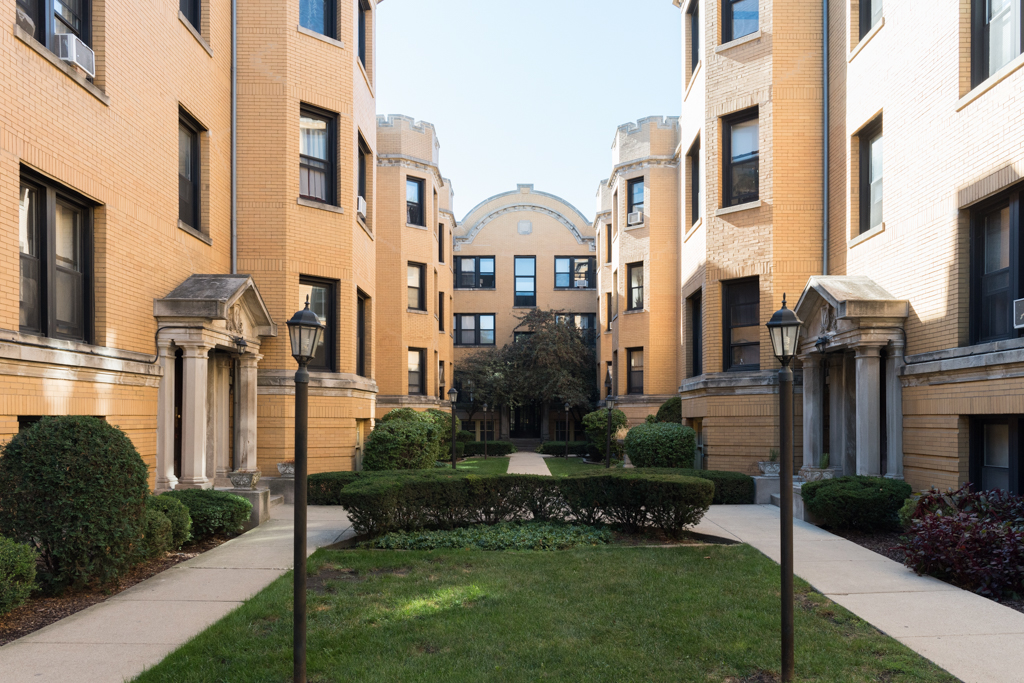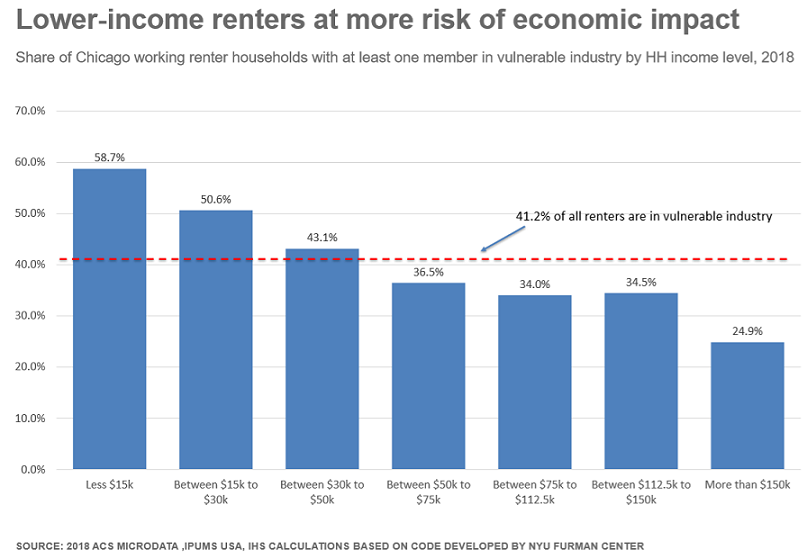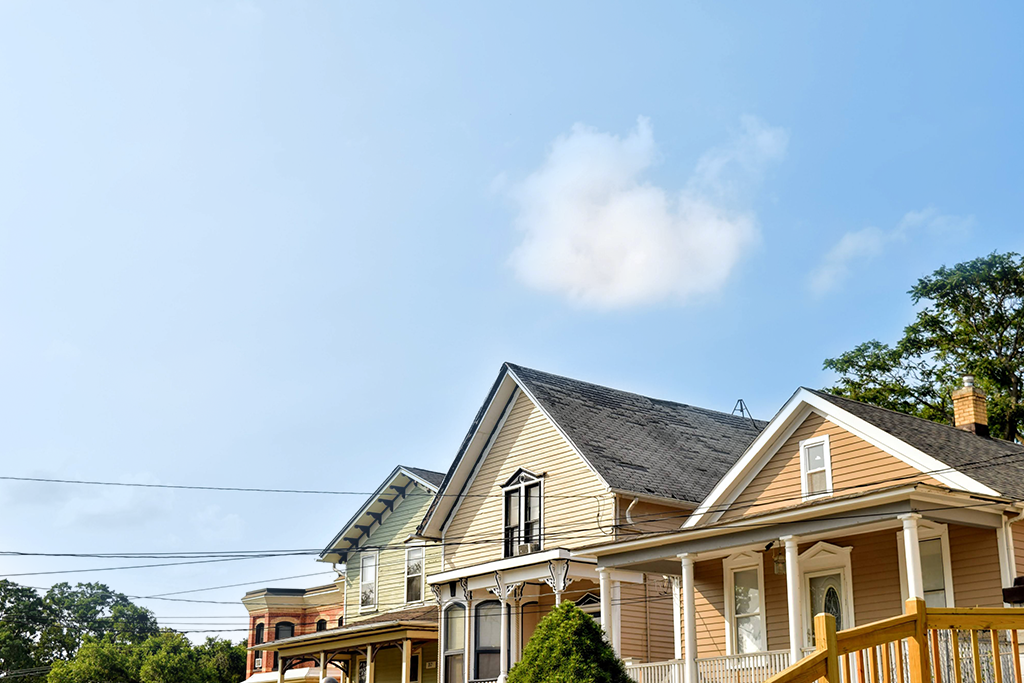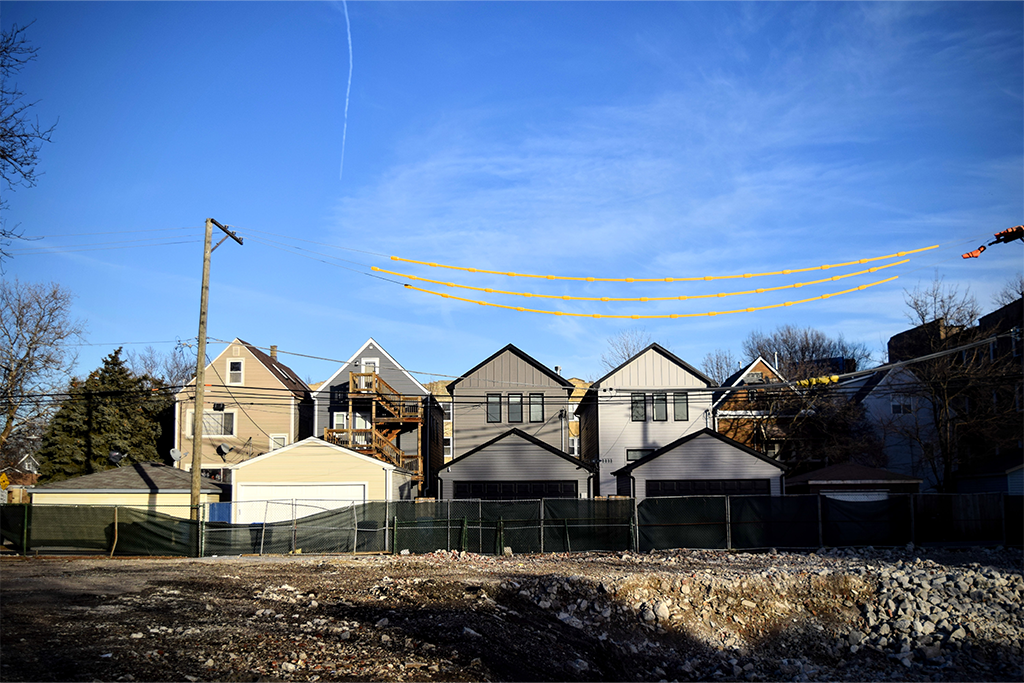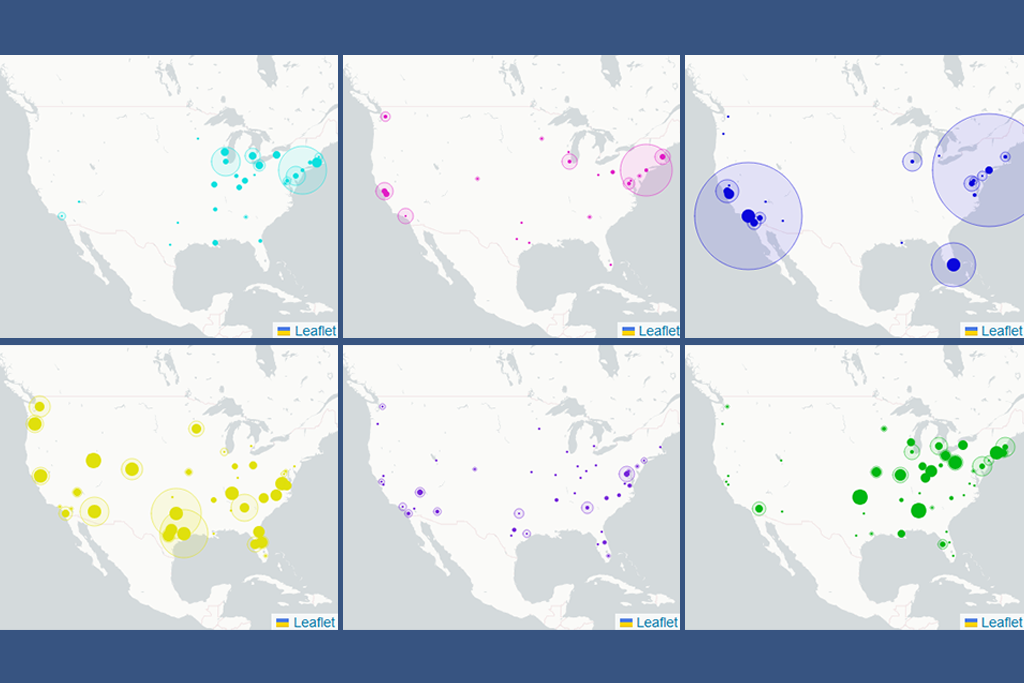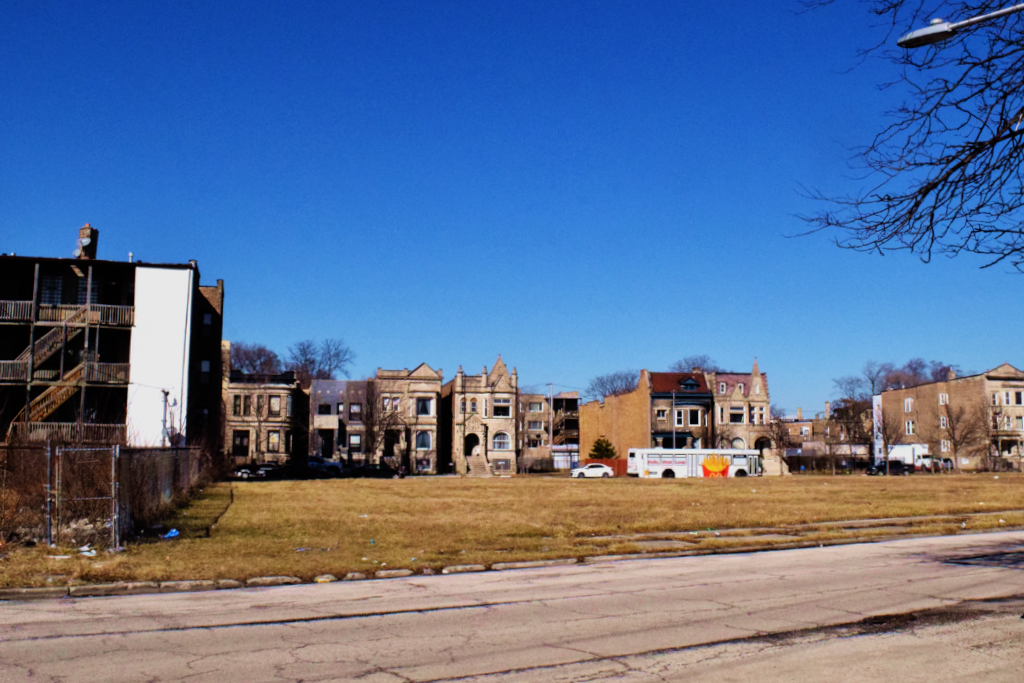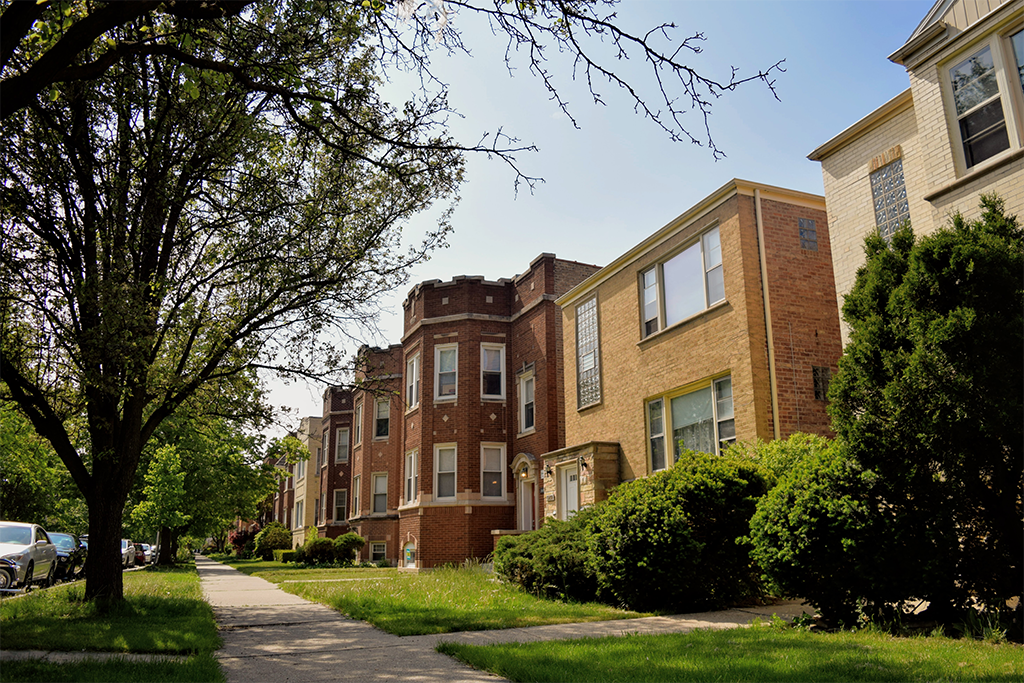About the Preservation Lab
Data from the Institute for Housing Studies at DePaul University (IHS) shows that declines in the affordable rental supply, particularly of the small unsubsidized rental stock, is driving the City of Chicago’s growing shortage of affordable housing. In 2017, Chicago faced a gap of approximately 116,000 affordable rentals relative to demand from lower-income households. However, limited federal resources and policies are available to build new affordable units or preserve the existing stock, while practitioners and policymakers face challenges tailoring solutions to Chicago’s diverse and local neighborhood housing markets.
To respond to these challenges, IHS and the Preservation Compact formed the Preservation Lab. The goal of the Preservation Lab is to discuss and develop innovative strategies focused on preserving the existing, affordable housing supply by 1) investigating challenging preservation topics and strategies 2) engaging a variety of perspectives and expertise, and 3) informing future policy and programmatic decisionmaking of local and national affordable housing partners.
Stabilizing Renters and Buildings during COVID-19
Previous IHS and national research highlight how COVID-19 has exacerbated existing neighborhood-specific housing challenges, such as heightened housing cost burdens among lower-income renters and increased risk of foreclosure among property owners of small rental buildings. To discuss and develop solutions around this topic, the Preservation Lab convened local affordable housing leaders from a variety of backgrounds working in government agencies, non-profit and for-profit development, and affordable housing advocacy. Through a series of virtual meetings this summer, stakeholders sought to 1) understand the potential impacts of COVID-19 on Chicago renters and local housing markets from IHS data and analysis and 2) discuss how rental assistance programs can better serve the needs of vulnerable tenants and property owners.
These convenings culminated in a white paper summarizing analysis, findings, and recommendations that include:
The potential impacts of COVID-19 on Chicago’s rental market and vulnerable tenants
- Lower-wage, hourly workers face increased risk of job loss and reduced incomes. These workers are more likely to be renters, workers of color, and already face housing cost burdens
- Unsubsidized and privately owned affordable rental buildings in lower- and moderate-cost neighborhoods are more likely to house tenants at risk of missing rent yet property owners of these rentals face challenges accessing subsidies
Recommendations to better serve at-risk renters and properties during the pandemic and beyond
- Rental and financial assistance should ensure tenants that may fall through the cracks can access assistance, such as undocumented immigrants and tenants in neighborhoods still recovering from the Great Recession
- Programs targeting property owners of small rental properties and unsubsidized affordable housing should be simple to access and navigate and reduce administrative burdens
- Early engagement of impacted property owners and tenants can prevent further economic hardship down the line and inform effective program design for long-term recovery efforts
As the economic fallout of the pandemic has been uneven, experts predict there will be an ongoing need to develop and implement programs to support unemployed workers and at-risk renters and building owners. This type of engagement with issue-area stakeholders can be critical to developing more effective policies and programs to stabilize vulnerable residents and local housing markets during today’s economic recession.
To learn more about the Preservation Lab, click here. To view a summary of the Preservation Lab white paper, click here. To keep up-to-date on future Preservation Lab activities, sign up for our email list and follow IHS on Twitter, Facebook, or LinkedIn.
